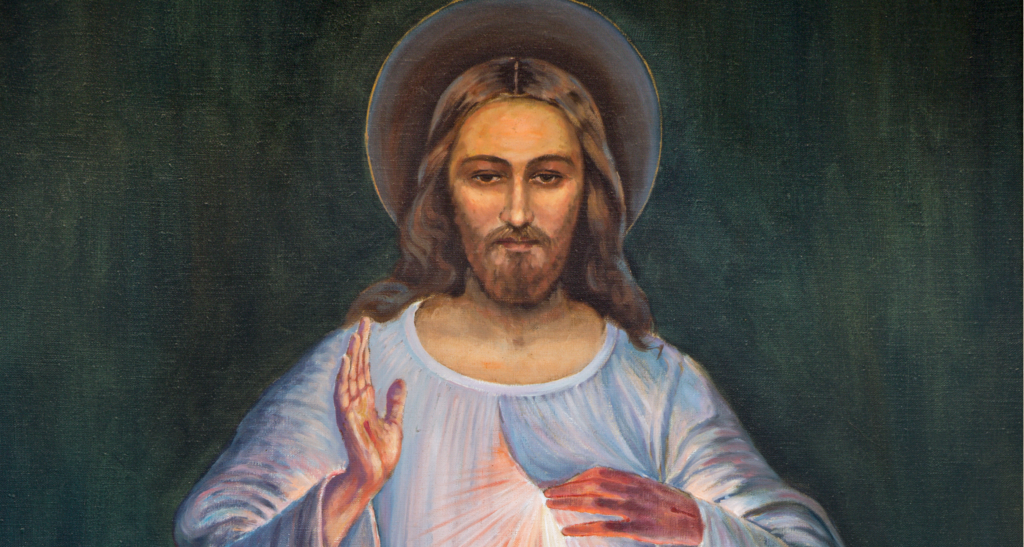 Every Mass we pray “Lord have mercy” – but what are we asking for? This Sunday is Divine Mercy Sunday and we can take a moment to reflect on what we are asking for when we make this prayer. Are we asking for forgiveness? Or something much greater?
Every Mass we pray “Lord have mercy” – but what are we asking for? This Sunday is Divine Mercy Sunday and we can take a moment to reflect on what we are asking for when we make this prayer. Are we asking for forgiveness? Or something much greater?
Where can we look for a greater understanding of God’s mercy?
Mercy is shown by the Good Samaritan risking his own life and providing for the needs of one – even when the one in need could not ask for help.
Mercy is shown by the father in the story of the prodigal son – his son talked about sin, the father rejoicing said nothing about sin or even forgiveness.
And while we are told, though we may struggle to believe, that we only need ask, and God’s mercy will be poured out – we too are asked to demonstrate mercy in our lives. In the Sermon on the Mount, Jesus said of the merciful that they will receive mercy from God.
Saint Faustina Kowalska recorded Christ’s apparitions to her and noted that “God’s loving mercy” towards all people was especially for sinners.” The two main themes despite our sins that separate us, we can trust in Christ’s endless goodness, and our call to show mercy to others acting as a conduit for God’s love towards them.
Trust God’s mercy and show mercy to others as a conduit of God’s love.
God’s mercy can make even the driest land become a garden, can restore life to dry bones (cf. Ez 37:1-14). … Let us be renewed by God’s mercy, let us be loved by Jesus, let us enable the power of his love to transform our lives too; and let us become agents of this mercy, channels through which God can water the earth, protect all creation and make justice and peace flourish. – Pope Francis
Acting as a conduit of God’s love Mission Doctors serve those most in need. While their patients may not be able to ask for your help, like the Good Samaritan you can help provide for their care with your prayers and support.
Elise Frederick
